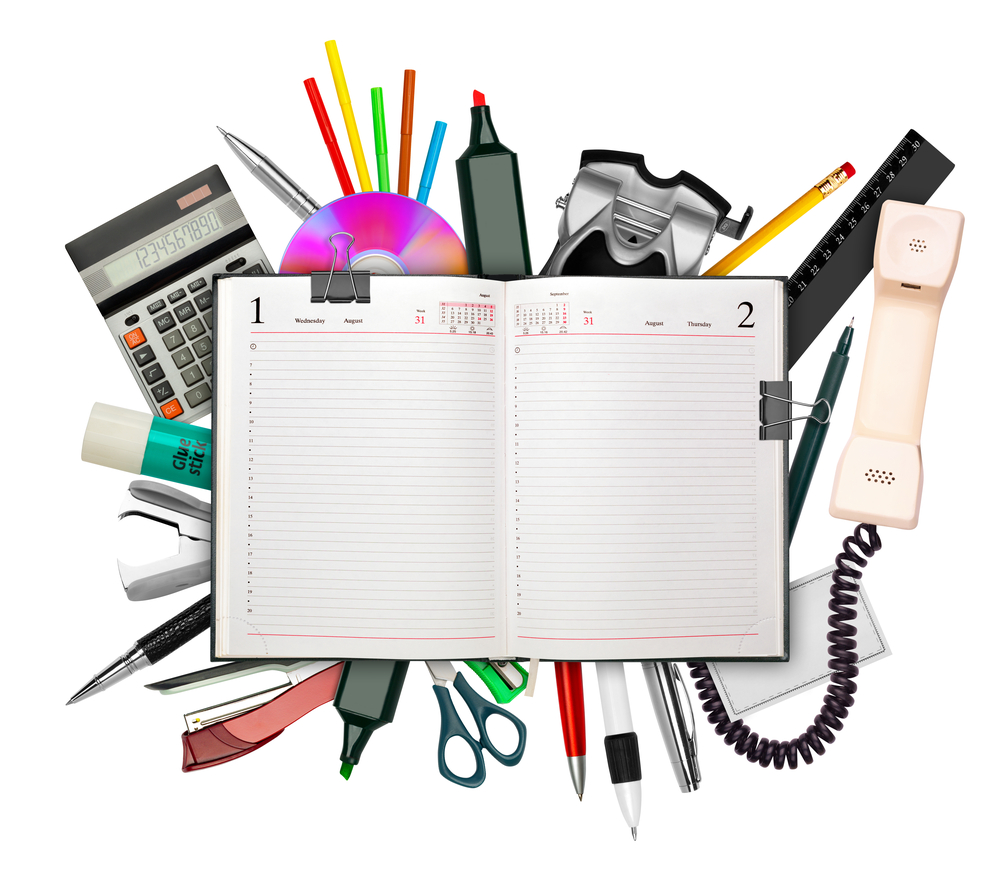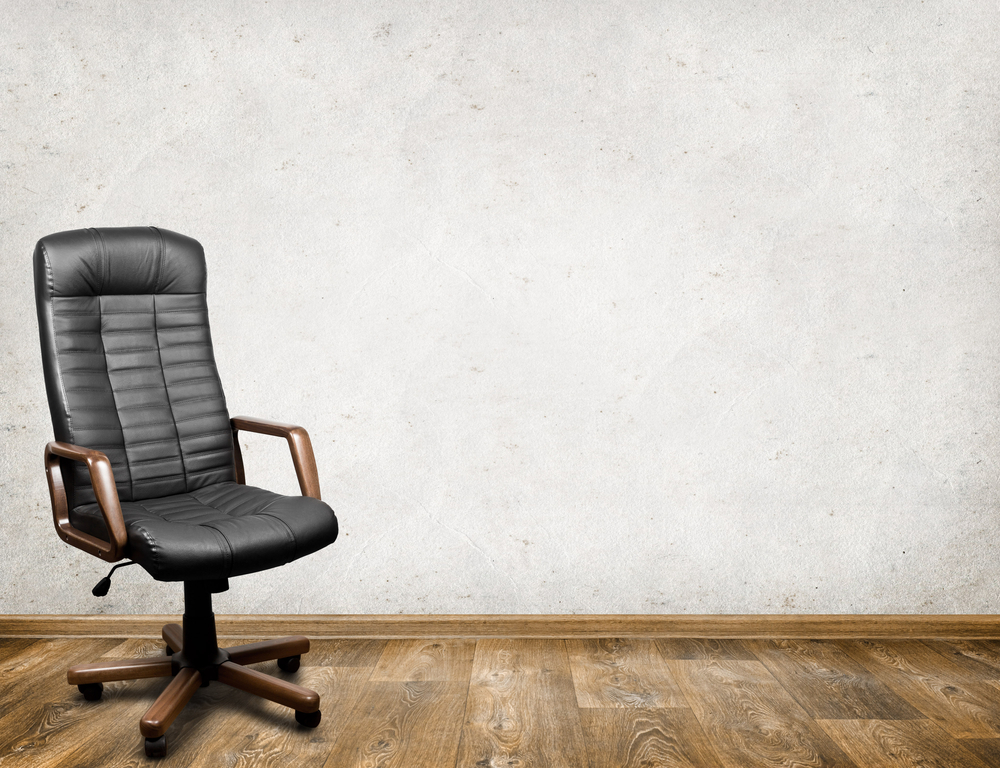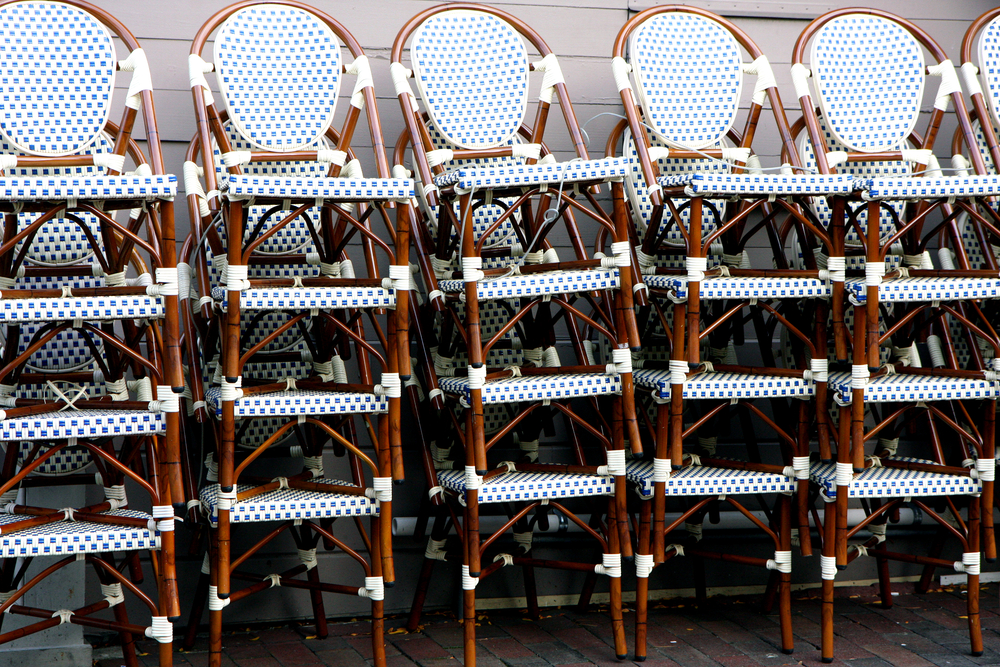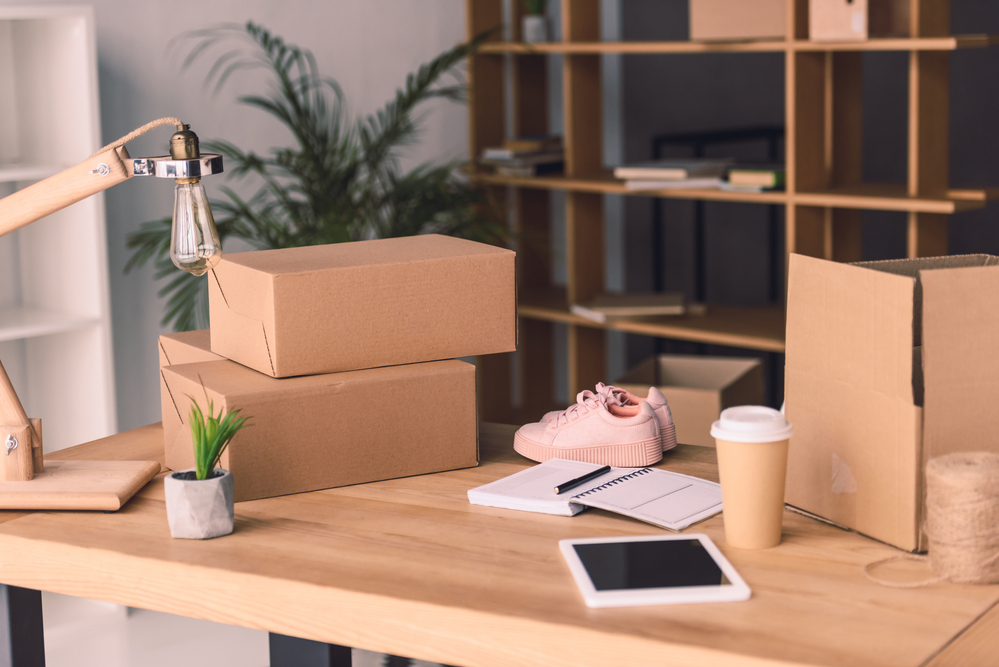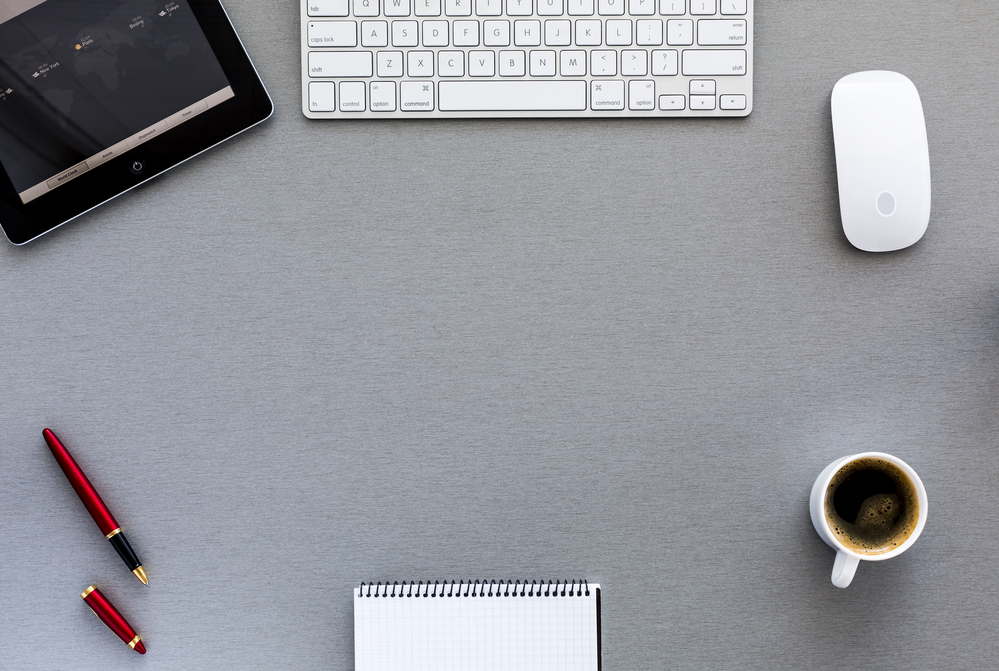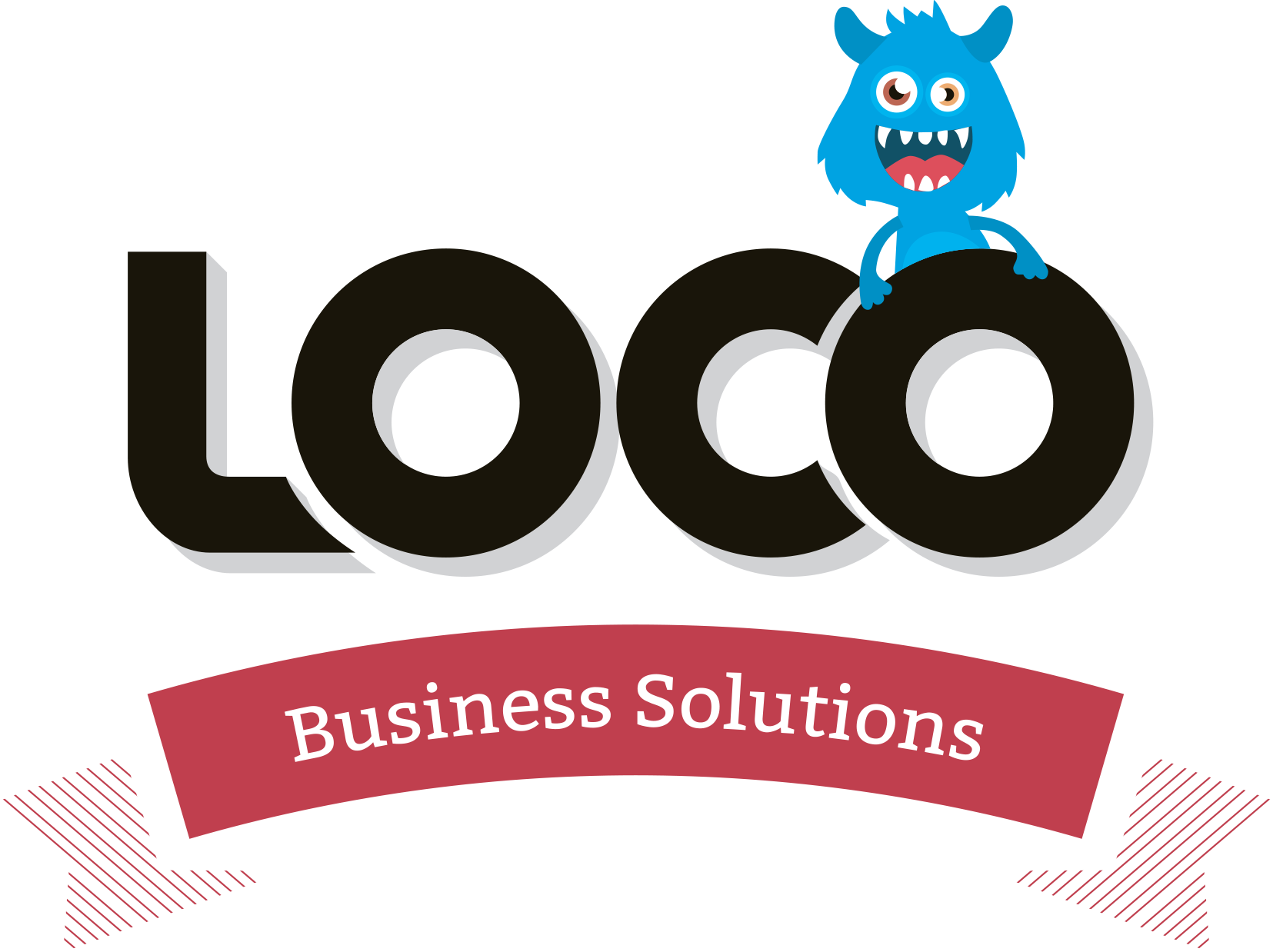
So you’ve decided to take the plunge and embark on one the most challenging and rewarding adventures, you’ll ever experience! But you do know that no matter how much you think you’ve eliminated all the risks involved, inevitably something so fundamental wil escape all your careful planning and research. So Business Link have come up with 10 tips to overview the whole process to help ensure that all angles are covered so read on……………
1) Assess your skills
Coming up with a Bright Idea is probably the easiest part. You should ask yourself if you have all the essential skills & talent to run a thriving and profitable business. Being a go-getter goes without saying, but do you have the drive, resolve, initiative, enthusiasm and mental and physical energy and determination to start a business? You’ll need to be a good communicator ( it really helps to have the ability to delegate) and manager, as well as inventive and flexible – and more importantly – work well under pressure.
2) Research the market
You choice of service or product may be a lifelong passion or pastime, but is there a market out there for and is it a viable business proposition? Market research is crucial and you need to research thoroughly before taking the plunge or indeed look for investment / financial assistance. All research should be evaluated under the following three criteria:
Who and what are you competitors and what do they offer.
What size is your market base? Who are your customers?
What is the demand for your products and services?
3) Create a winning business plan
A good business plan is central to obtaining finance. It should include a description of your business and management team, information on your products/services, revenue projections and financial requirements, and marketing and operational plans.
For examples:http://www.teneric.co.uk/sample-business-plan.html
4) Take advice
Always seek advice, guidance and support in all aspects of your business – from the initial concept and business planning, to ongoing development and beyond. This will also help you to look at your business objectively, which can be difficult when you are so closely involved.
5) Know the law
Make sure you understand the legal particulars of starting and running a business, including VAT registration, the legal requirements for your type of business (e.g. sole trader, limited company, partnership), partnership contracts, health and safety, and employment law. This can be viewed as endless paperwork and doesn’t seem as exciting as the development of the product / service itself, but is important to keep it up to date so that it doesn’t become an even bigger headache down the line.
6) Examine your best finance options
Once you’ve calculated how much money you need to start and run your business, it’s time to decide where you are going to seek financial assistance from. This could be funds from business partners or investors, a bank loan or overdraft, or you may be able to borrow from friends and family. Work out what’s best and safest for you. If going down the bank route, check out all the financial institutions and shop around for the best deals.
7) Formulate a sales strategy
Again, this comes from identifying your target customer base and their wants and needs. How are you going to present your service / product and then decide on the most cost effective sales channels to reach your target market personal contact (e.g. direct selling, retail), telesales, direct mail or the internet? Look at what your competitors are doing and see what works for them
8) Keep on top of bookkeeping
The paper chase can be incredible when first starting out in business, but it pays to keep on top of it all. Many small business owners end up managing the accounts themselves, especially when first starting out. For this reason it’s essential that you find an accountant that you can trust, and who can advise you on the financial aspects of running a business.
9) Recruit the right staff
When you’re ready to recruit staff, identify the areas of the business where you’ll need help and expertise. Can you afford to employ staff with the relevant experience? Enhance your offering by drawing attention to the breadth of experience an employee will gain working for a start up, as well as opportunities to grow with the company.
10) Find the right location
The decision on where you base your business needs to be carefully considered, taking into account costs, competition and accessibility for staff and clients. Also consider the kind of image you wish to convey with your business premises. Do you need to attract passing trade in a busy area or is it more important to have cheaper or larger premises in a less prominent area?
Source: www.teneric.co.uk





